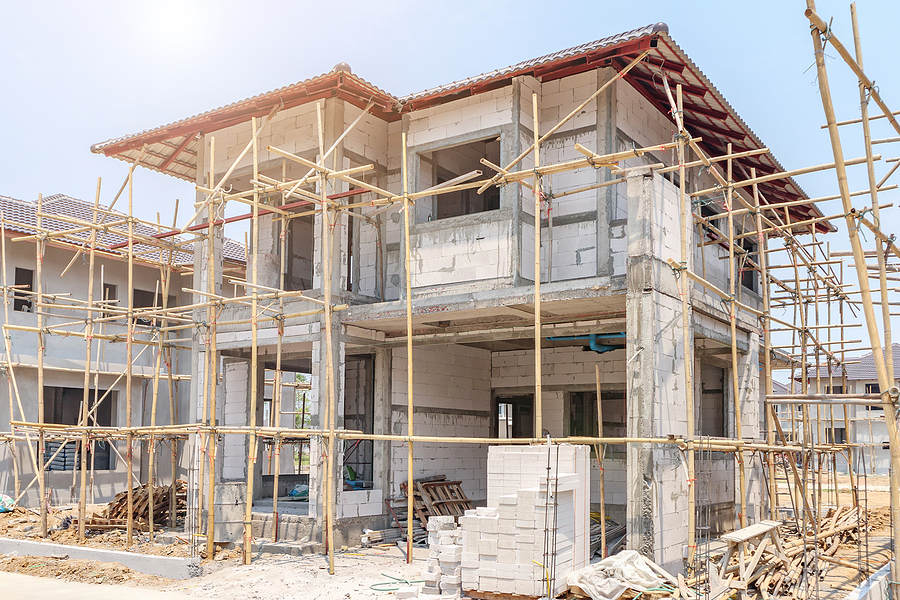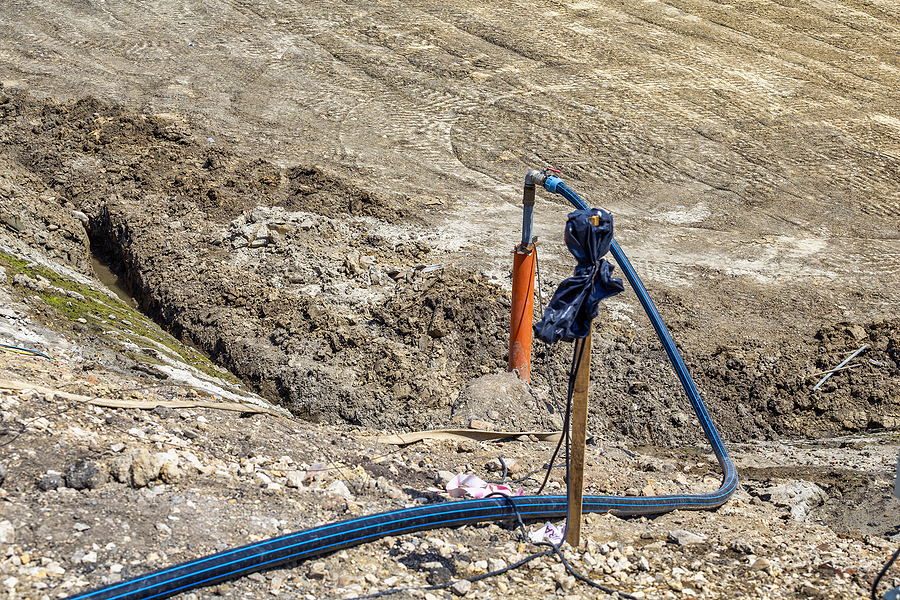Alt Title:
Homeowners frequently battle with faults found in newly constructions homes. Although no building project is flawless, it could appear that contemporary new construction homes are constructed to a worse standard than those of the past. Does this gut feeling hold true? In any case, what are your options if you discover flaws in your newly constructed house?
The Inevitability of New Construction Defects
First of all, it’s critical to recognize that brand-new homes will almost certainly have flaws. You will always find something wrong with a home, no matter how skilled the builder is or how dedicated they are to creating a wonderful one. This is contrary to popular belief, which holds that a new product should be near-perfect or flawless. However, the truth is that a house is a very intricate product that takes dozens or even hundreds of workers to complete. This kind of product cannot fairly be expected to be faultless.
What you can reasonably expect is that the flaws and defects you find are minimal – and that the builder is willing to correct them. Most people have to deal with minor issues like nail pops and slightly misaligned fixtures. These are to be expected, and most construction companies make it easy for you to report these issues so they can fix them quickly and conveniently. In line with this, most new home purchases come with various warranties, guaranteeing the quality of the work associated with different elements of the home.
Generally, you can report the issue in concern and schedule a time for it to be addressed by phone or through an online form. Should this prove ineffective, you might need to follow up and obtain more proof. However, the majority of individuals will eventually be able to get the builder to rectify any issues at no cost to them.
You could have to file a lawsuit if you and your builder are unable to come to any agreements. In this case, a fresh construction defect lawyer can offer you advice, represent you, put pressure on the builder to make repairs, and, if needed, fight for damages. Your attorney can assist you in assessing the circumstances, comprehending your legal rights and warranties, and ultimately creating a method to put things right.
“They Don’t Build Them Like They Used To”
People tend to assume that new homes must be worse than older ones when they see issues in newly constructed homes, ignoring the potential that older homes may have had comparable flaws at the time of creation.
That being said, there are valid reasons to argue that “they don’t build houses like they used to.” As an illustration:
Cost cutting measures.
Like any other professional, home construction specialists are in it for the money. In order to maximize profit, contractors and builders aim to reduce expenses wherever possible. These trims have been more and more effective throughout time, which may have diminished the quality or attention to detail involved in different builds. However, there are basic standards that builders and contractors must achieve in addition to following safety rules.
Material availability.
The quality of a new home built can also be impacted by variable material availability. For instance, there was a severe shortage of wood during the COVID-19 epidemic, which caused wood prices to soar. Builders may have to make the tough choice to use subpar items due to escalating costs or restricted product availability. Not every newly constructed home has this feature, though.
Material degradation.
In certain specialized markets, the most popular product categories nowadays are actually worse than the most popular categories utilized a century ago. For instance, there is an abundance of new growth wood, which is arguably less stiff and durable than old growth wood, as a result of our shifting methods for harvesting wood. Although it shouldn’t raise any significant structural or safety issues, this is a feature worth mentioning.
Shifting contractor availability.
Due to the fact that home construction businesses typically work with a large number of subsets of contractors and subcontractors, the quality of the homes they produce can vary greatly. The building company may have to choose a less reputable contractor if the area’s best contractor isn’t available and they have a tight deadline.
Updated Building Codes and Standards
On the other side of this spectrum, we can make the argument that newer homes are actually superior, because they’re built with updated building codes and standards. Human knowledge has advanced considerably in the last several decades, allowing us the insights to build safer, sturdier houses. If you know anything about knob and tube wiring, you know this to be true.
The Role of Survivorship Bias
People commonly commit the cognitive bias and logical fallacy known as “survival bias” when evaluating the effectiveness or success rate of an entity that has overcome a number of obstacles. The reason for this bias is the lack of appropriate data; we tend to overlook the failures when evaluating a group of successful entities.
This also holds true for newly constructed homes: we don’t see every home that has been demolished over time, nor do we see every repair and renovation that has been required to maintain an older property’s integrity. As such, we often evaluate the finest existing homes in comparison to a wide range of new construction. It’s just not an accurate analogy.
In conclusion, it is illogical to argue that all new constructed homes are inferior to their older counterparts, even though there are certain arguments that older homes had some structural advantages. Having said that, new build homes are known for having problems and issues, so if you presently own one or intend to purchase one soon, you should be ready for that.
Speak with a new construction defect attorney to discuss possible legal action if your builder is unable to make the necessary repairs.


















This Post Has 0 Comments